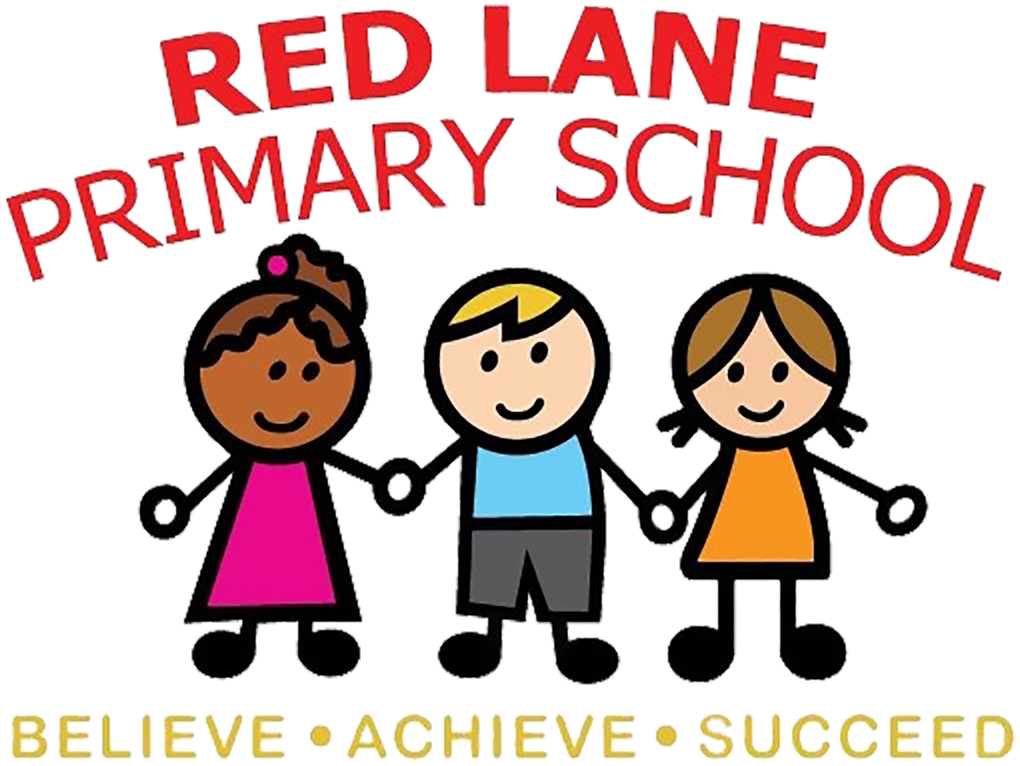Learning & Development
RE
The delivery of the RE curriculum at Red Lane is rooted in the belief that it both supports and strengthens what we aim to do in every aspect of school life. Our caring ethos and the value which we place on the development of the whole child; spiritually, morally, socially, culturally and intellectually is reflected in the RE curriculum. At Red Lane, Religious Education also further supports our commitment to teaching and upholding fundamental British Values.
RE curriculum
The teaching and learning approach has three core elements, which are woven together to provide breadth and balance within teaching and learning about religions and beliefs, underpinning the aims of RE. Teaching and learning in the classroom will encompass all three elements, allowing for overlap between elements as suits the religion, concept and question being explored. These elements set the context for open exploration of religion and belief. These are; making sense of beliefs, making connections and understanding the impact. At Red Lane, Re is taught as a discreet subject. The school’s long term plan for RE follows the guidelines of the Standing Advisory Council on Religious Education (SACRE) for Bolton and sets out the content of teaching within in each year group. This is supported by the school’s RE progression document, which demonstrates learning outcomes within each strand of development within an RE unit. Medium term plans are taken from the locally agreed syllabus and short term planning details how this content is developed over a series of lessons within the unit of work. The organisation of the RE curriculum provides structured opportunities for pupils of any ability and level of development to:
- examine and explain how and why people express their beliefs in diverse ways
- recognise and account for ways in which people put their beliefs into action in diverse ways, in their everyday lives, within their communities and in the wider world
- appreciate and appraise the significance of different ways of life and ways of expressing meaning
They offer a structure through which pupils can encounter diverse religious traditions alongside non-religious worldviews – which reflect the backgrounds of many pupils in our school. The elements present a broad and flexible strategy that allows for different traditions to be treated with integrity. These elements offer a route through each unit while also allowing for a range of questions reflecting different approaches, for example, from religious studies, philosophy, sociology, ethics and theology. The teaching of RE also takes into account the well-being of pupils circumstances and is adapted to suit the needs of individual classes.
